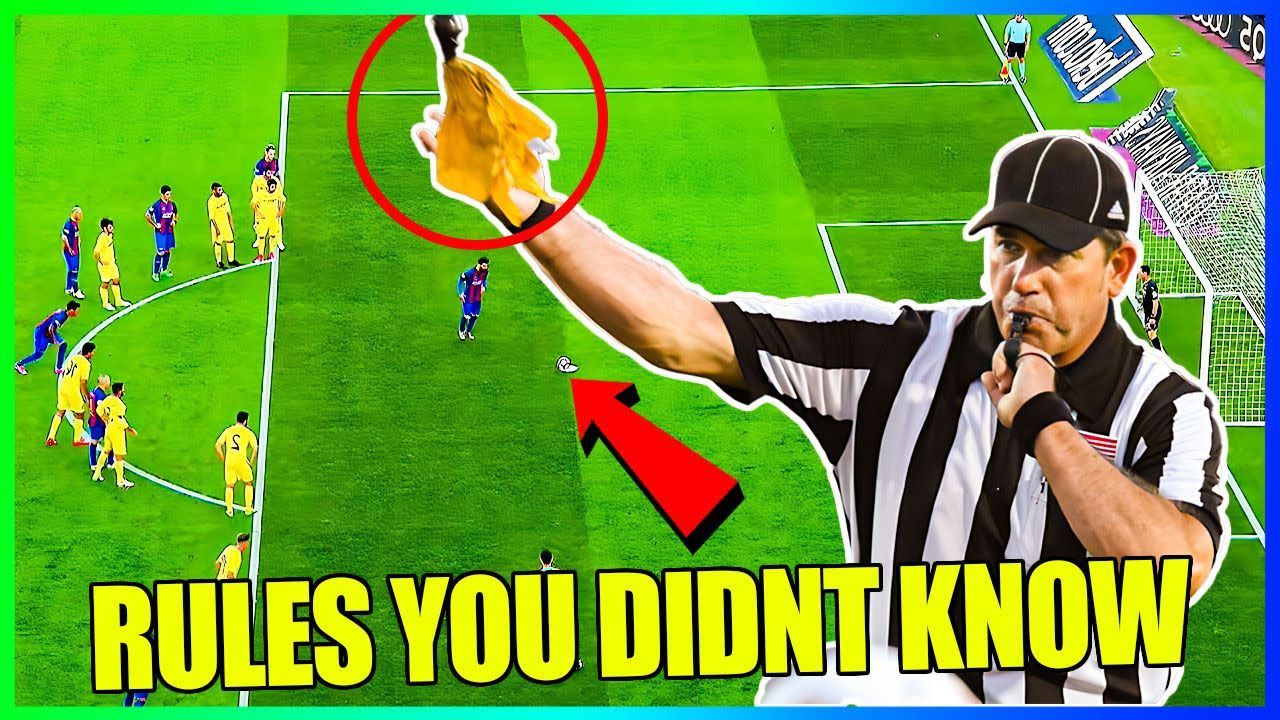
By Nelson Semanu BOANDOH-KORKOR & Elizabeth BOANDOH-KORKOR
Experience is the best teacher, but the tuition is high. Learn from the mistakes of others to avoid paying the price yourself – Unknown
The Repeat Offender
Ruth was a rising star in her [insurance] company, known for her sharp analytical skills and quick thinking. But Ruth had a blind spot: she rarely paid attention to the mistakes of others.
She believed that her own intelligence and experience were enough to navigate any challenge. So, when her colleague, John, failed to secure a major client due to poor communication, Ruth didn’t think much of it. “That won’t happen to me,” she thought.
A few months
later, Ruth found herself in a similar situation. She was leading a project for a high-profile client and, like John, underestimated the importance of clear communication.
She assumed the client understood her vision without explicitly outlining it. When the client reviewed the final deliverable, they were confused and unhappy. The project had to be reworked, causing delays and costing the company money. Ruth’s manager was disappointed. “Ruth, this is exactly what happened with John. Didn’t you learn from his mistake?”
Ignoring the lessons of others puts you in danger of repeating them
Ruth’s story calls attention to a common pitfall that many employees often make: not learning from the mistakes of others. It’s a common human flaw to believe that we’re immune to the errors that trip up our colleagues.
We think: “That won’t happen to me” or “I’m smarter than that”. But the truth is, no matter how talented or experienced you are, you’re not invincible. Mistakes are a natural part of any career, and ignoring the lessons they offer is a missed opportunity for growth.
Learning from others’ mistakes is one of the most effective ways to avoid making the same errors yourself. All mistakes are not equal in the weight of their consequence, which is why trying to sidestep the process of trial and error must involve being watchful and on the lookout for how that already transpired in the life of others.
It’s like having a cheat sheet for success. When you pay attention to what went wrong for someone else, you can adjust your approach and avoid similar pitfalls. But when you ignore these lessons, you’re setting yourself up for failure.
A refusal to learn from others is a guarantee to make the same mistakes. Ruth’s failure to communicate effectively mirrored John’s earlier mistake, leading to similar consequences. Mistakes can be costly. Ruth’s project had to be reworked, which wasted time and resources that could have been avoided.
When you repeat mistakes that others have made, it reflects poorly on your judgment and competence. Ruth’s manager began to question her ability to learn and grow. Without learning from others, you miss out on valuable insights that could accelerate your career. Ruth’s failure to learn from John’s mistake slowed her professional development.
Paying attention to others and reflecting on your own mistakes
When someone makes a mistake, take note. Ask yourself: “What went wrong, and how can I avoid this?” Mistakes are like little red flags waving at us, signalling areas where we can improve.
By paying attention to these moments, you’re essentially gathering data to fine-tune your own approach. Think of it as a free lesson—someone else’s misstep can be your stepping stone to success. And hey, nobody’s perfect so there’s always something to learn!
If a colleague makes a mistake, don’t be afraid to ask them what they learnt from it. Their insights could be invaluable. Sometimes, people have a unique perspective on their own errors that you might not have considered.
Plus, asking shows you care and fosters a culture of openness and collaboration. It’s like turning a blunder into a brainstorming session—everyone wins! And who knows? Their “aha” moment might just save you from a future facepalm moment of your own.
When you make a mistake, take the time to analyse what happened and how you can avoid it in the future. Don’t just brush it off or beat yourself up—dig deeper. Was it a lapse in judgment, a lack of information or just bad timing?
Understanding the root cause helps you grow and prevents history from repeating itself. Remember, mistakes are only failures if you don’t learn from them. So, treat them like a puzzle—solve it, and you’ll be better prepared next time.
When you learn from a mistake, share that knowledge with others. This not only helps them but reinforces the lesson for you. Teaching someone else what you’ve learnt cements it in your own mind, making it less likely to forget.
Plus, it builds trust and camaraderie—people appreciate when you’re honest about your slip-ups. Sharing your “oops” moments can turn them into “aha” moments for everyone. After all, wisdom is meant to be shared, not hoarded!
What now?
If you’ve been ignoring the mistakes of others, it’s time to start paying attention. Every mistake is an opportunity to learn and grow. By observing and learning from the errors of others, you can avoid making the same mistakes and accelerate your career. Remember, you don’t have to learn everything the hard way—sometimes, the best lessons come from watching others.
Tips
- Tip #1: Keep a journal of lessons learnt from others’ mistakes. Review it regularly to reinforce what you’ve learnt.
- Tip #2: Don’t be afraid to ask for feedback. Colleagues and mentors can offer valuable insights into what went wrong and how to avoid it.
- Tip #3: When you see someone make a mistake, take a moment to reflect on how you would handle the situation differently.
- Tip #4: Share your own mistakes and lessons learnt with others. This not only helps them but also reinforces the lesson for you.

>>>Nelson Semanu Boandoh-Korkor: Nelson is a respected author, publishing consultant and Christian business coach. He is passionate about financial evangelism and is also a forex trader, cryptocurrency investor and metaverse enthusiast. Elizabeth Boandoh-Korkor (CA): Elizabeth is a highly accomplished Chartered Accountant with nearly two decades of experience in financial management consulting. She has worked extensively in both the non-profit and banking sectors. You can reach out to them at 233549762233 or [email protected]
The post Career mistake #3: Not learning from others’ mistakes appeared first on The Business & Financial Times.
Read Full Story




















Facebook
Twitter
Pinterest
Instagram
Google+
YouTube
LinkedIn
RSS